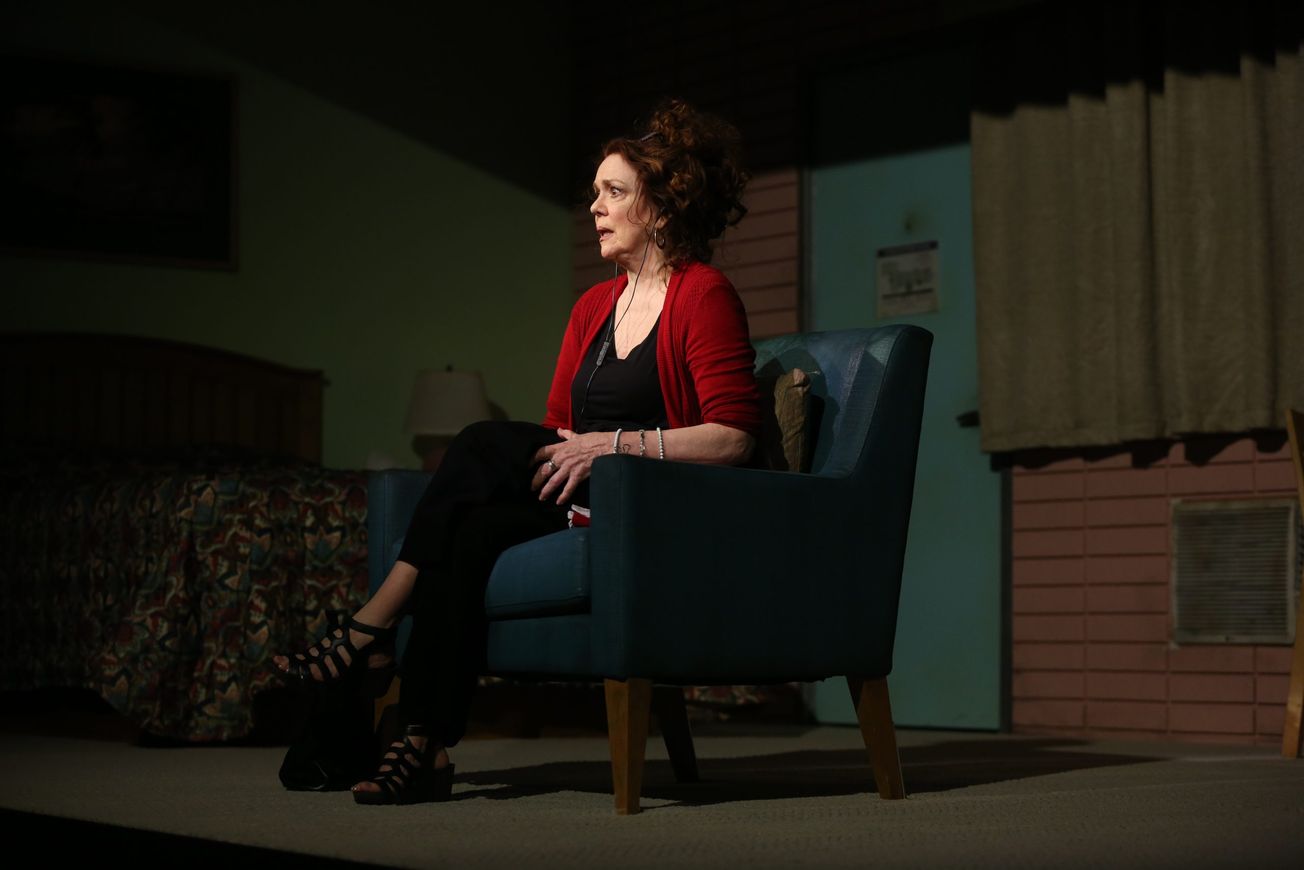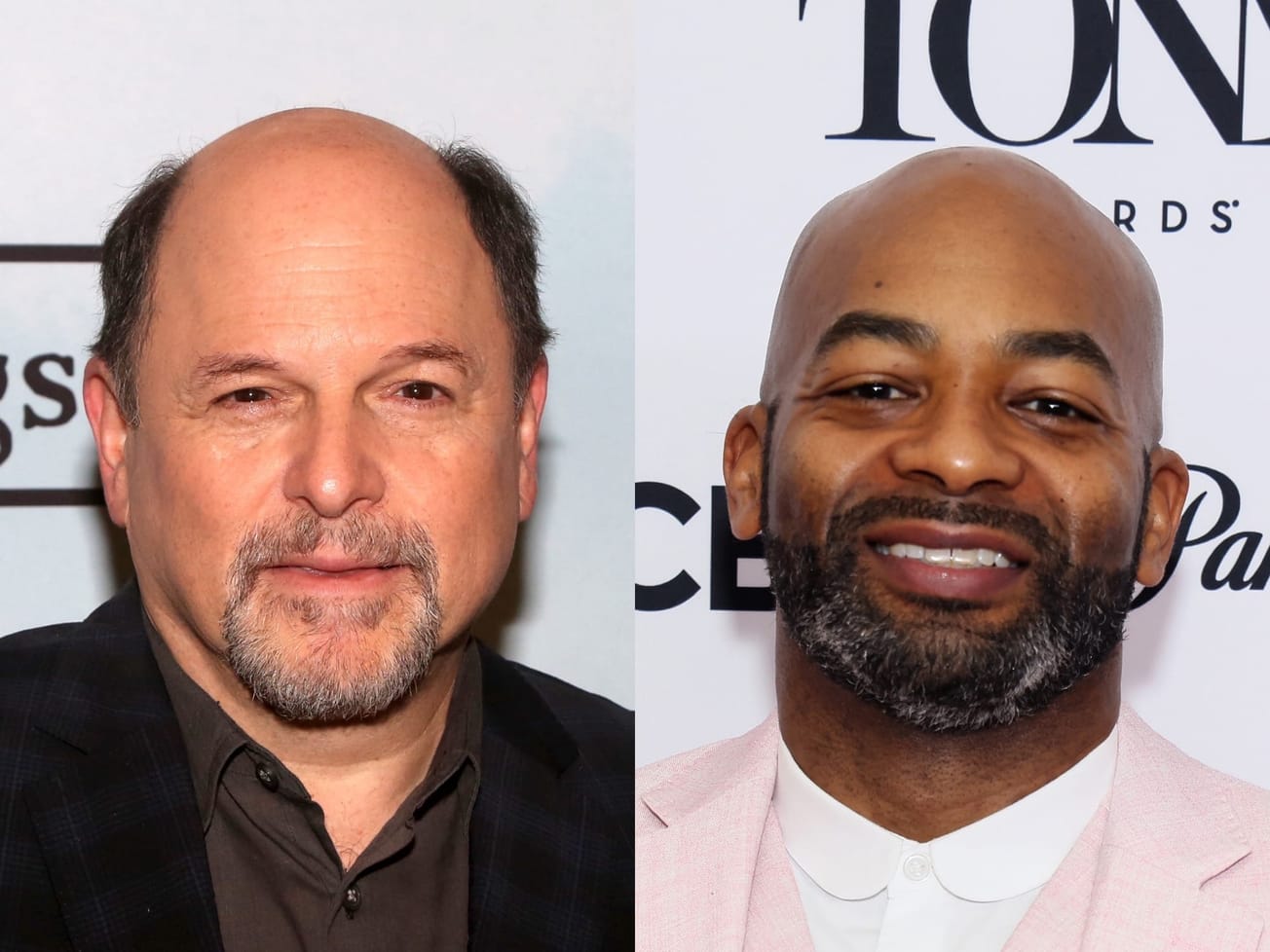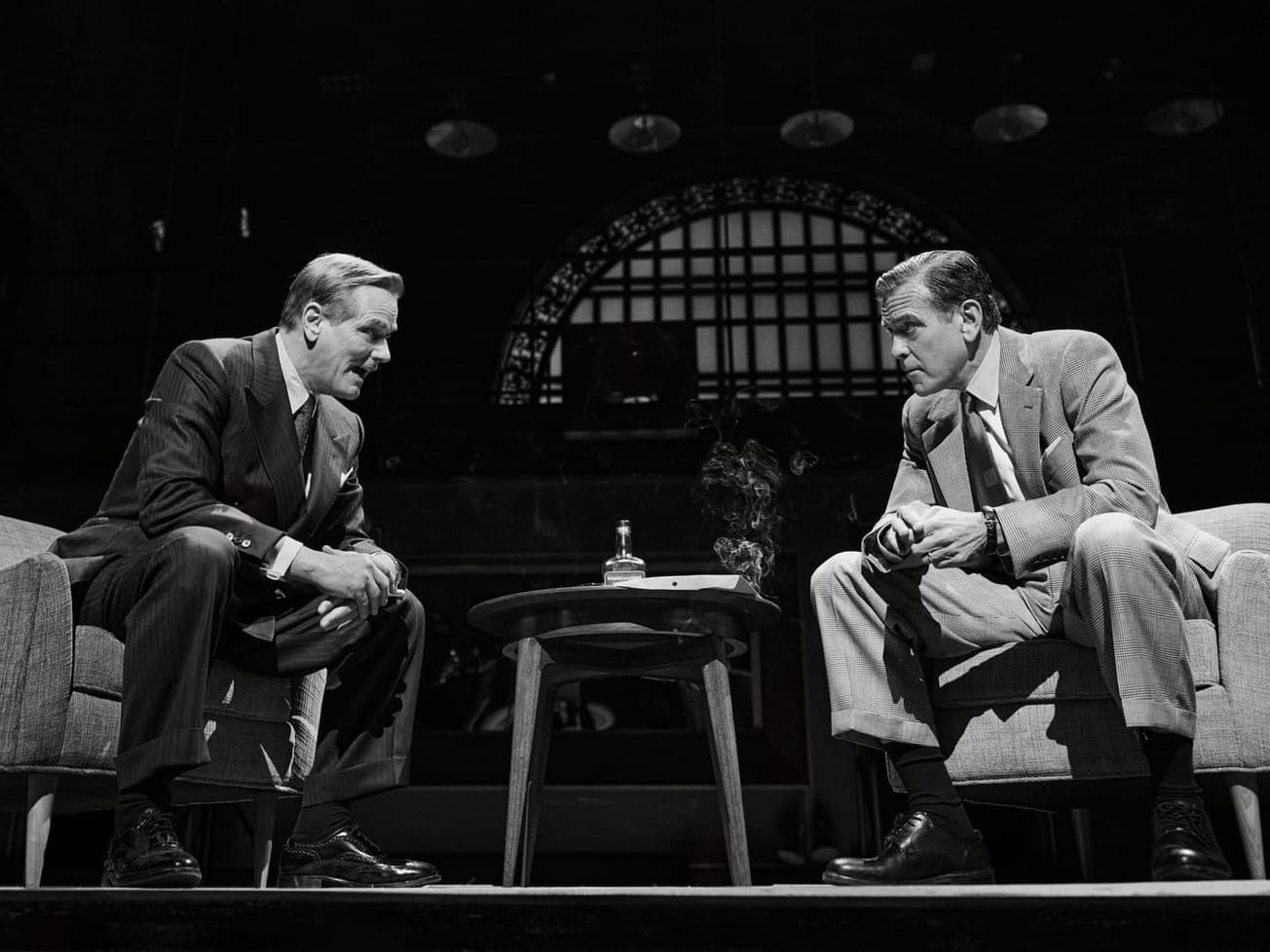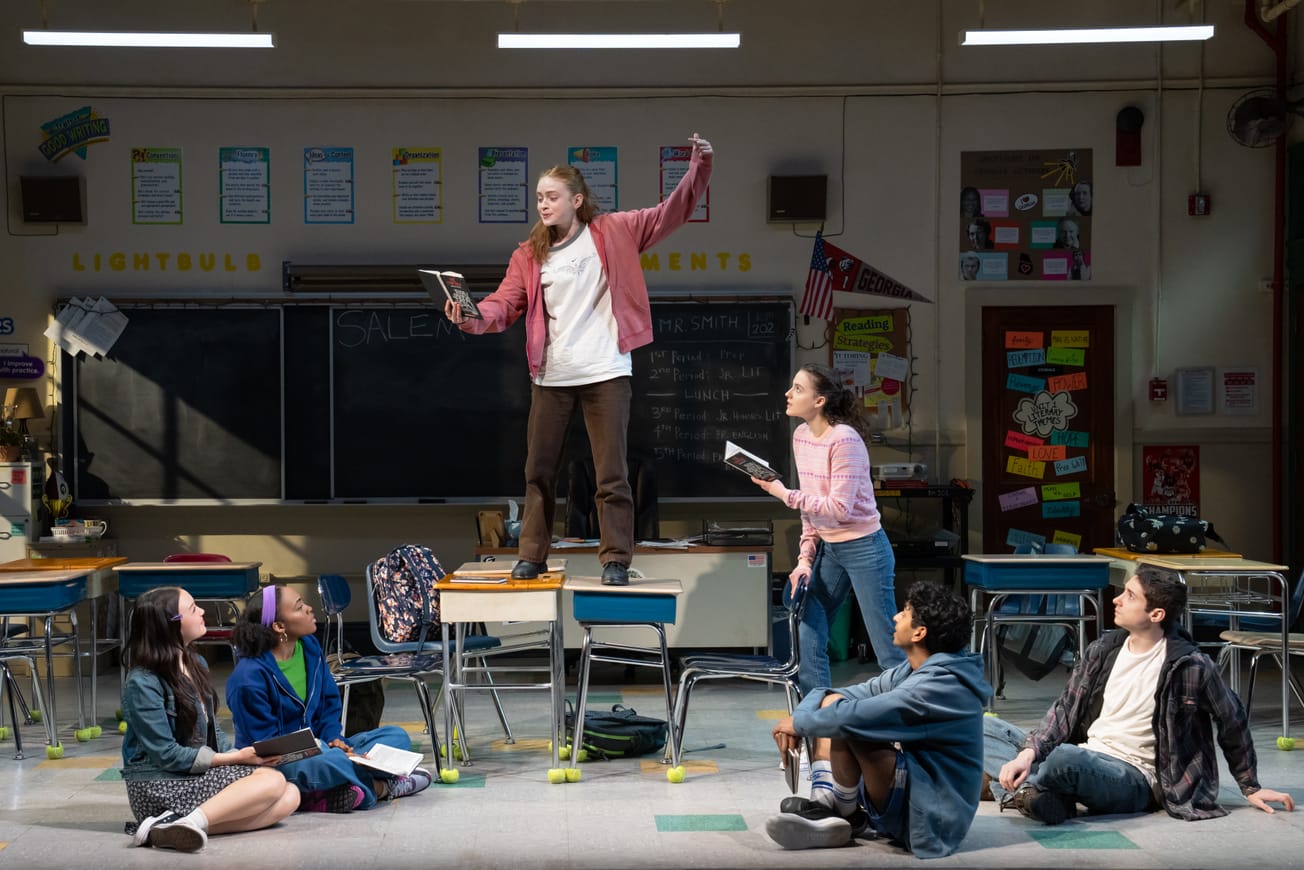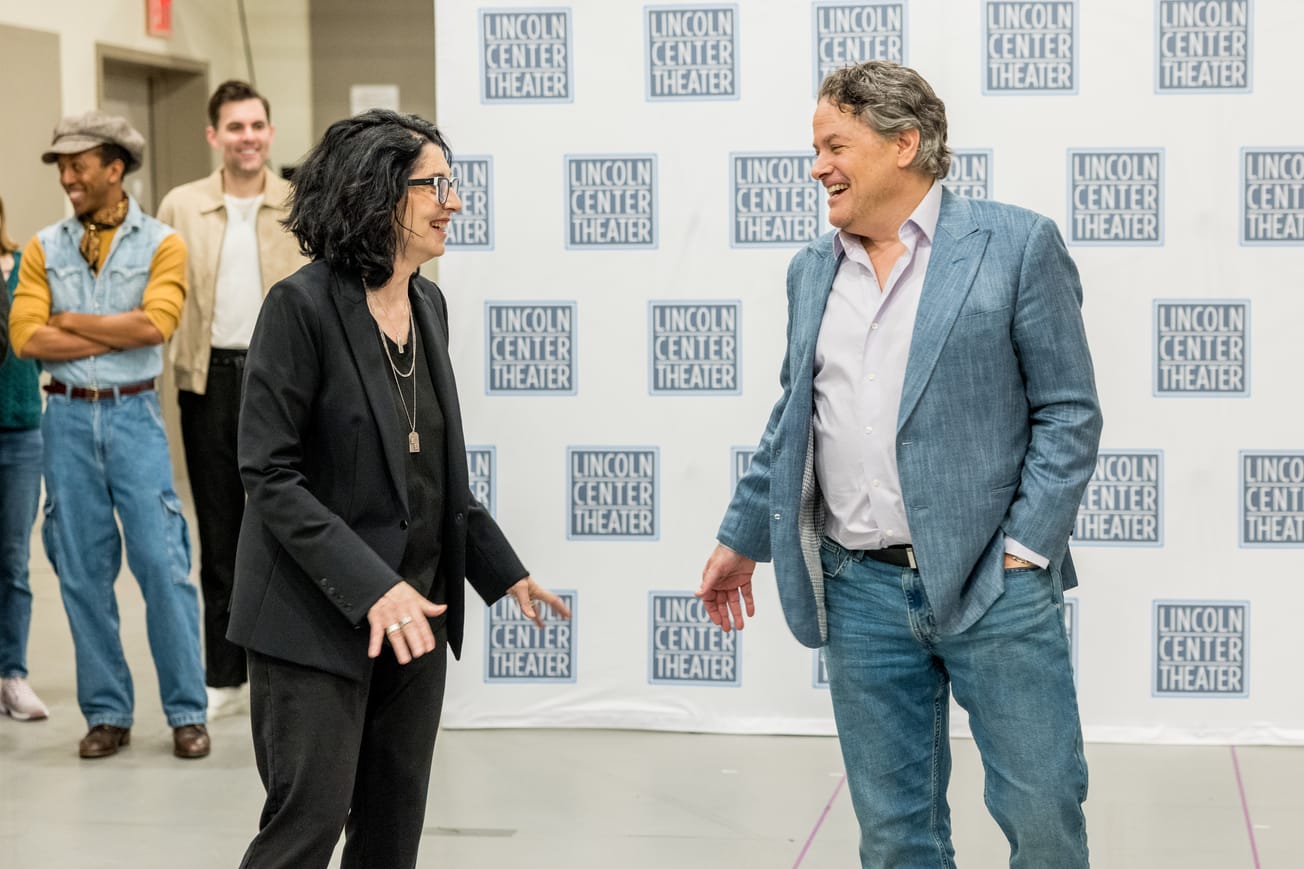As Off-Broadway theaters plan their post-pandemic returns, an expiring Actors’ Equity contract presents one major uncertainty.
The contract between Actors’ Equity and the Off-Broadway League has been in place since November 2016 and is set to expire July 31. Off-Broadway theaters and producers are coming to the table with slashed budgets and rising costs related to safely welcoming casts and audiences back into theaters. Actors’ Equity is advocating on behalf of its members who have been out of work for more than a year.
The last round of negotiations between the two parties missed its initial deadline and eventually saw an increase in wages for actors and stage managers, after a social media campaign waged on behalf of Equity members.
“The stakes are very high, and we really need to succeed here for everyone’s sake,” said Casey York, president of the 100-member Off-Broadway League and general manager at Ars Nova.
The two parties have already held three virtual discussions in recent weeks. Discussion items include wages, safety requirements for union members and the length of the new contract, among other details.
Off-Broadway theaters are pushing for a multi-year agreement so theaters can create longer-term strategic plans. Actors’ Equity has asked members to sign an open letter urging for a one-year extension of the current agreement, citing uncertainty in the industry and an Off-Broadway League proposal to “roll back salaries.”
One discussion item has been to start this season with the wage rates from the 2019-2020 season, which were in place at the time of the shutdown, according to sources familiar with the matter. The existing contract, for which Equity is advocating, sets higher-tier wages for the 2020-2021 season.
In a recent email to Equity members, the union likened the Off-Broadway League’s proposal to the offer the Metropolitan Opera made to its stagehands in fall 2020. The Met proposed multi-year contracts with a 30% pay cut for union workers and locked out stagehands after Local One IATSE would not agree to the lowered wages.
“We don’t have to tell you how devastating a similarly aggressive approach would be for Off-Broadway actors and stage managers,” the Equity email reads.
The existing contract with Equity set 2019-2020 weekly actor minimums starting at $615 for nonprofits with budgets of less $4 million, $650 for nonprofits with budgets of more than $4 million and actor minimums ranging from $646 to $1,150 for commercial productions, depending on the number of seats in the theater. The contract struck in 2016 saw wage increases ranging from 32% to 81%, Equity President Kate Shindle said at the time.
Equity is campaigning on salaries as work among union members is down by more than 90% compared to the prior season. Theater workers, in particular, have been hard hit by the pandemic, according to a recent survey from the Actors Fund, which listed areas of concern among entertainment workers including rent payments and food insecurity.
Off-Broadway theaters are eyeing large budgetary shortfalls and theaters are trying to determine cast sizes, productions and budgets for uncertain seasons ahead.
At nonprofit MCC Theater, leaders are projecting a potential seven-figure deficit for the coming season, which starts in October. The theater will only produce four shows, rather than its typical six, and it is planning to return with a smaller staff.
While nonprofit theaters lose some money by design, this year’s projected deficit is due, in part, to the added expenses of COVID-19 safety modifications, updates to the HVAC system and unanswered questions on how many audience members will return and how willing they will be to donate money.
“A year ago I think we were all looking around wondering ‘Who is going to be here a year later?” said Will Cantler, an artistic director at MCC. “We’re all here a year later and as it turns out, the scary thing is actually the year ahead.”
MCC has the advantage of already having a modern HVAC system, after moving into a new building in fall 2018, which cuts down on the cost of making any updates. While Equity has not issued final safety guidelines for Off-Broadway theaters, increased air flow has been a key component of previous union guidelines and public health guidance. Though other options may arise, one concern among Off-Broadway leaders is that smaller theaters may not be able to take on the expense to upgrade outdated systems.
Vineyard Theatre, a nonprofit organization, started planning two years ago to replace the HVAC system in its 30-year-old building, and had raised capital for the $700,000 bill to upgrade the HVAC system just within its theater, and to install standalone air filters and make small ventilation improvements elsewhere. A total overhaul throughout the building would cost $5 million, according to Suzanne Appel, managing director of the theater.
“The biggest challenge with all of this is that there’s also a labor shortage,” Appel said. “So just finding people to be able to do the work and get everybody in and do it all on time is expensive, and it’s a real challenge.”
In preparation for the year ahead, the Vineyard Theatre is also budgeting $60,000 total for weekly testing of all staff, artists and technicians in the building across its three planned productions and is planning to invest in a paperless ticketing system. In past seasons, the theater has relied on volunteer ushers, but is now planning to hire paid ushers due to what will likely be an increased level of responsibility, ranging from checking audience members’ vaccination status to enforcing mask wearing. The theater has not yet made a decision on whether it will require audiences to be vaccinated when the season resumes this fall, Appel said.
In an attempt to make up for some of the losses, many Off-Broadway theaters are relying on receiving Shuttered Venue Operators Grants, which offer funding of up to $10 million, depending on the amount of lost revenue during the pandemic. The grant could help cut down on the projected $300,000 deficit forecasted for the Vineyard Theatre, but the organization — and many others —has not heard whether it will receive funding, Appel said.
The Off-Broadway League collectively negotiates contracts with Actors’ Equity, the Stage Directors and Choreographers Society and United Scenic Artists, with which it recently negotiated a multi-year agreement. It negotiates contracts on behalf of theaters including New York Theatre Workshop, Atlantic Theater Company, Playwrights Horizons and Signature Theater, WP Theater, Ars Nova and the Vineyard Theatre.
With the contract negotiations, both Equity and the Off-Broadway are looking for clarity after a period of unpredictability.
“We’re optimistic. We have to be. We need it to work out. We need to find common ground,” York said. “The certainty we can reach here is key given all the other uncertainty.”


















































